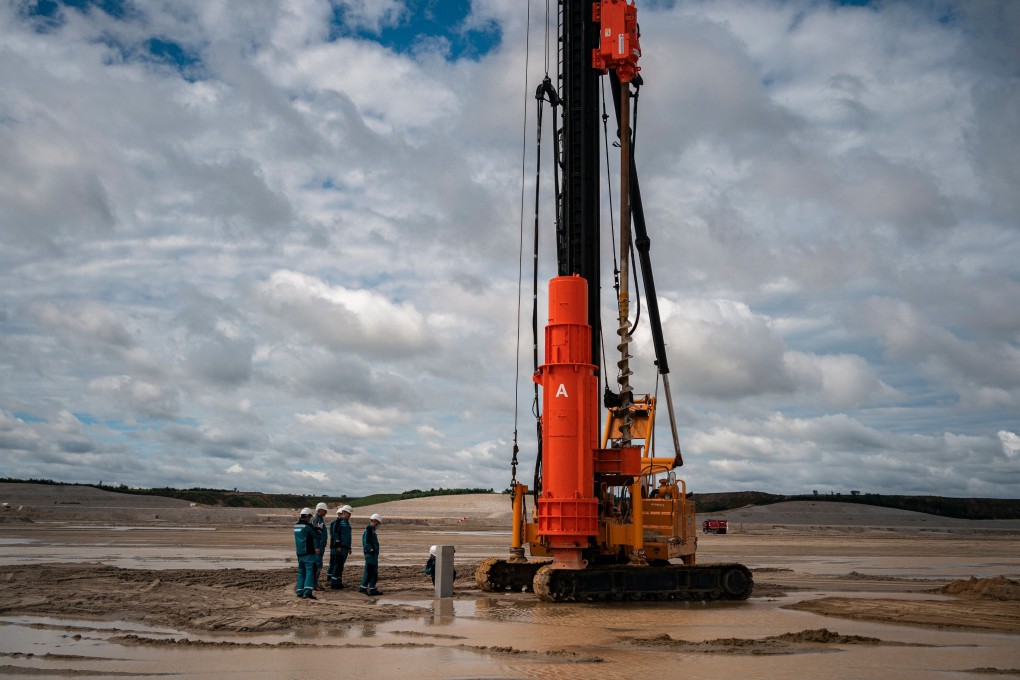Asian demand is fuelling China’s growth as a petrochemicals powerhouse
- Oil refineries in the US and Europe are flailing while China adds mega facilities, supported by demand for plastic and petrochemicals as Asia recovers more quickly from the pandemic

Many oil refiners have announced project delays as crude oil prices fall amid a global economic downturn. Yet, while petrol-producing refineries in the US and Europe are struggling, China and other Asian countries, where local economies are recovering, are seeing a steady increase in refining capacity.
Last year, about 1.7 million barrels a day (bpd) of refining capacity was halted, with more than half of the stoppages happening in the US. This year, US polythene demand could shrink by 4 per cent, compared to a global dip of 0.8 per cent.
In Asia, the situation seems radically different, as a new breed of integrated refineries sprout to convert oil into petrochemicals – the building blocks for everything from food packaging to car interiors – while producing fewer fuels such as petrol.

05:59
Coronavirus: How badly is Covid-19 disrupting the oil industry in the US and beyond?
According to industry consultant Wood Mackenzie, more than half of the oil refining capacity that comes on stream by 2027 will be added in Asia, and around 70-80 per cent of this will be plastics-focused.
